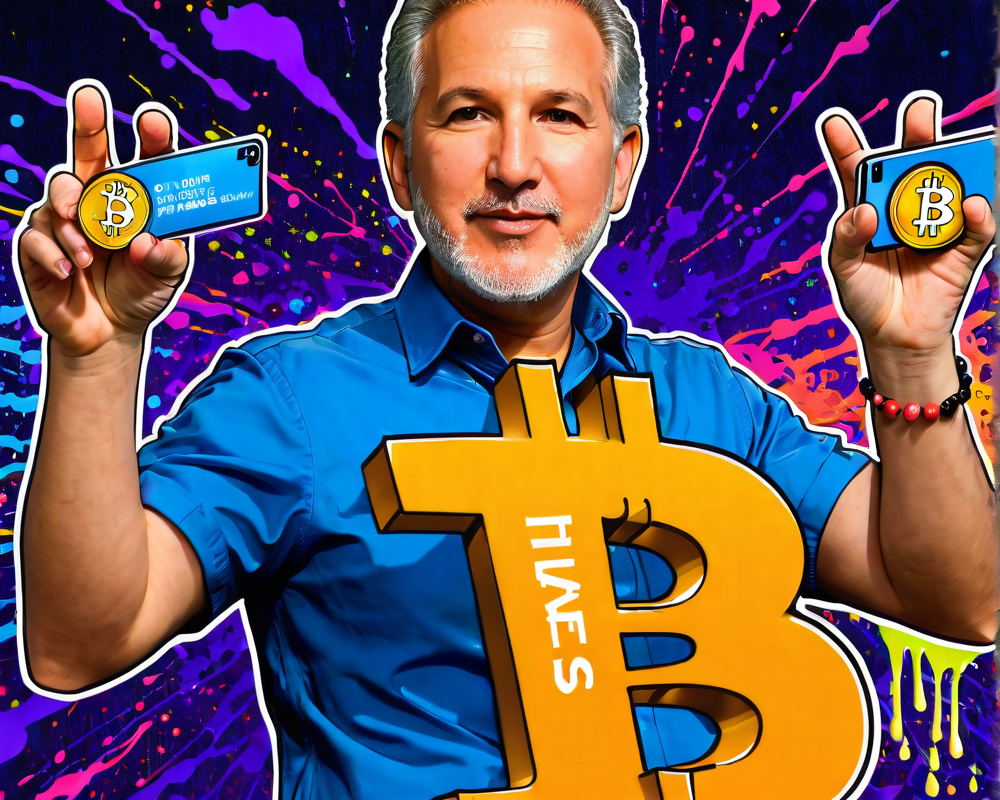The Importance of Exchanges in the Crypto World
In the bustling world of cryptocurrency, exchanges act as the central marketplace, akin to a bustling bazaar but with a lot less shouting—and more Bitcoin. Well, unless you count the exclamations heard from the corner traders who just can’t seem to lose their nerve every time Bitcoin wobbles. But let’s be serious: exchanges are crucial for buying, selling, and trading cryptocurrencies, particularly for those looking to dabble in altcoins, which are roughly the equivalent of going for the exciting, spicy options on a menu of digital currency.
Regulation: The Heavy Hand of Authority
In an effort to instill some order in this chaotic marketplace, regulators have turned their attention to exchanges. After all, they want to ensure these platforms are not just safe havens for the Bitcoin bandits of the world. Compliance measures like Know Your Customer (KYC), Anti-Money Laundering (AML), and Combating the Financing of Terrorism (CFT) have been introduced as necessary checkpoints, asking exchanges the tough questions, and keeping the bad apples at bay.
Demystifying KYC, AML, and CFT
What exactly do these acronyms mean, and why should we care? These regulations aim to tighten security, and here’s how:
- Know Your Customer (KYC):This involves verifying the identity of users through a series of procedures that would make even a spy envious. Exchanges typically require government IDs, utility bills, and sometimes even blood types—kidding, sort of.
- Anti-Money Laundering (AML):This aims to thwart the activities of those tricky criminals looking to wash coinage like a bad laundry day. AML regulations ensure institutions stay diligent.
- Combating the Financing of Terrorism (CFT):This facet helps snoop out funding sources for less-than-savory groups, keeping cryptocurrencies from fueling ominous projects.
How Exchanges are Tackling Compliance
So, how are exchanges fighting the good fight? All of them have a set of policies and procedures to comply, but they vary in diligence and approach. Some turn over a new leaf post-hack, while others just carry on as if nothing happened. Take Binance, for instance. Following a substantial hack, their CEO was adamant about tightening security and improving KYC measures faster than you can say ‘stolen Bitcoin.’
Top Exchanges and Their Compliance Attitudes
Among fiat-to-crypto exchanges like Coinbase, Gemini, and Bitstamp, adherence to compliance is taken very seriously.
- Coinbase: This heavyweight is known for its KYC diligence, requiring a host of documents before users can trade. It has even hired professionals to monitor activity for red flags. If only they could do the same with our coffee consumption.
- Gemini: With passionate founders who launched the platform after a notable athletic altercation (wink), Gemini ensures its users comply with all required regulations before they can even sign up.
The Gray Area of Crypto-to-Crypto Exchanges
Then we dive into the not-so-clear waters of crypto-to-crypto exchanges like Binance and Huobi, which often operate with more relaxed compliance policies. Withdrawals often go unchecked like a rogue toddler in a candy store, with low limits on the need for ID. Could this approach risk attracting the suspicious types? Definitely!
Future Prospects: Compliance or Chaos?
As the cryptocurrency world inches toward increased regulation, exchanges will need to play nice and adopt the necessary measures. The upcoming guidelines from the Financial Action Task Force are likely to push everyone toward a more robust compliance framework—because honestly, nobody wants to be the “wild west” of finance forever. This could mean the end of the road for those looking to sail under the radar. But, will this push for compliance land squarely on innovation, or are we looking at a future where the excitement of crypto becomes akin to watching paint dry?




